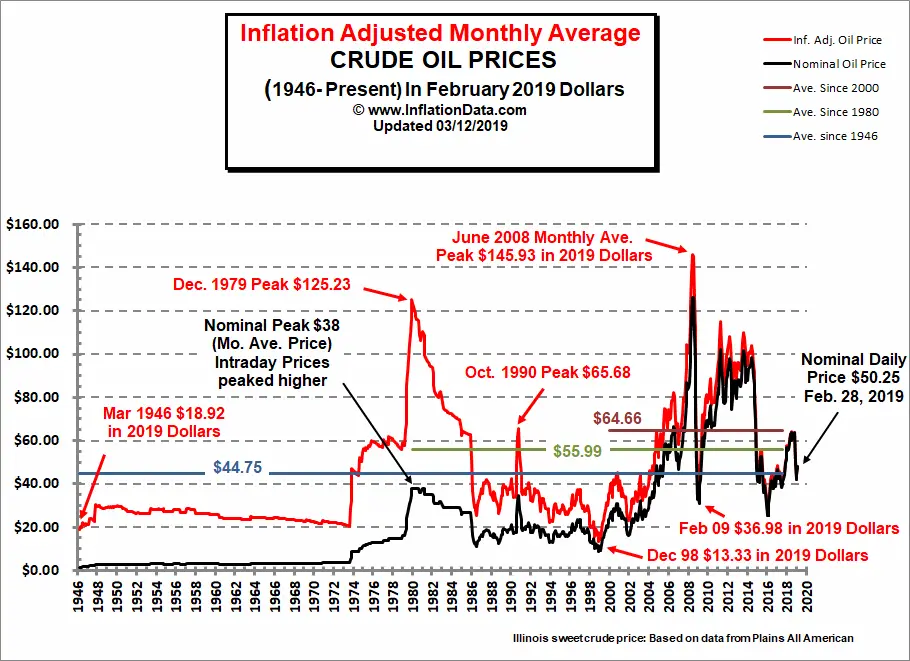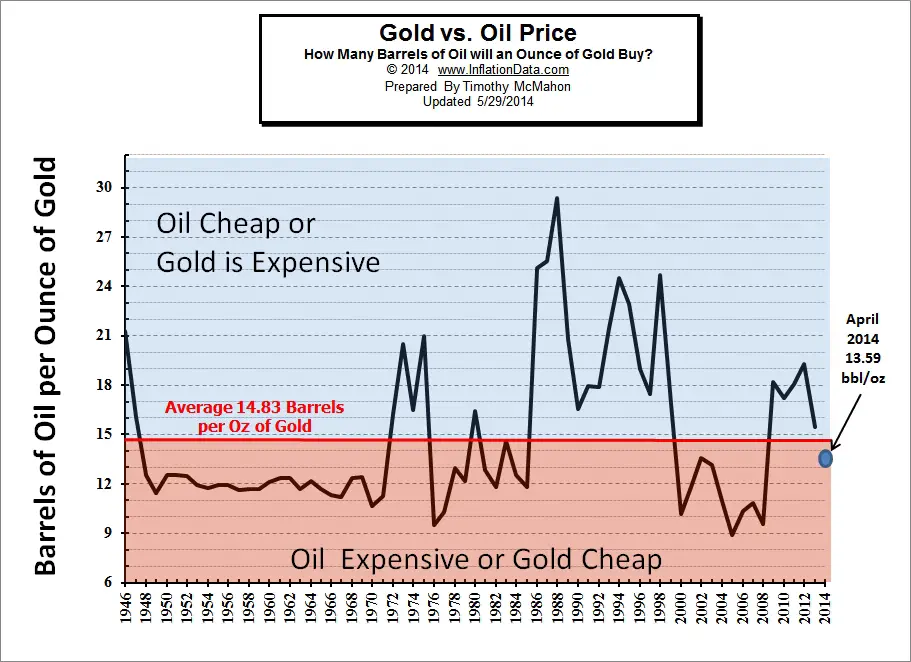Angered by deadly U.S. airstrikes that targeted an Iran-backed militia, dozens of Iraqi Shiite militiamen and their supporters broke into the U.S. Embassy compound in Baghdad on Dec. 31.
The next day, a Facebook post referencing former President Barack Obama made this claim:
"Iran will be shooting at our soldiers with bullets, etc., purchased with the $150 billion Obama gave them."
The post misrepresents the Iran nuclear deal from 2015.
The agreement was promoted by Obama. But it included China, France, Germany, Russia, the United Kingdom and the European Union — not just the United States and Iran.
The deal resulted in Iran getting access to some of its own funds — assets that had been frozen — it wasn’t cash given to Iran by the United States.
And $150 billion is a high-end estimate and the one with the least evidence to support it. The high-end estimate from the U.S. Treasury Department in 2015 was $56 billion, and outside analysts believed the number could be lower.
Per the deal, the United States and other countries lifted the sanctions and the funds were unfrozen after nuclear inspectors verified in January 2016 that Iran was doing enough to curb its nuclear program.
(On Jan. 5, in the aftermath of the airstrikes, Iran said it no longer will comply with limits on uranium enrichment provided under the deal.)
It’s worth noting that it was not clear what became of the unfrozen funds.
In January 2016, then-Secretary of State John Kerry said he expected that some of the money ultimately would end up with organizations involved in terrorism.
Our ruling
A Facebook post claimed: "Iran will be shooting at our soldiers with bullets, etc., purchased with the $150 billion Obama gave them."
The 2015 Iran nuclear deal involved multiple nations, not just the United States under Obama, and did not involve the United States giving cash to Iran.
It’s also debatable whether Iran ultimately got access to $150 billion of what were its own assets — which had been frozen in retaliation for its pursuit of a nuclear weapon — or whether the amount was much less.
What is correct is that largely because of the U.S. involvement, the deal resulted Iran getting access to likely tens of billions of dollars of its own funds, and it’s unclear how they might be spent.
For a statement that contains only an element of truth, our ruling is Mostly False.



